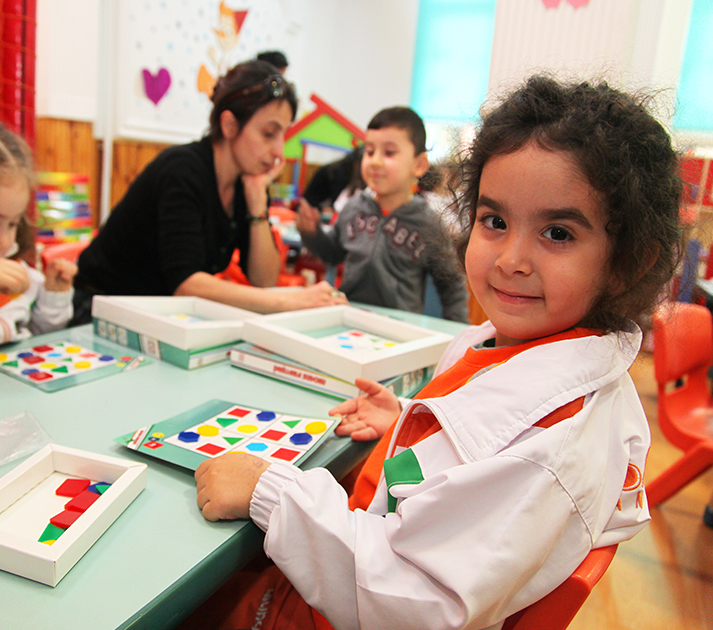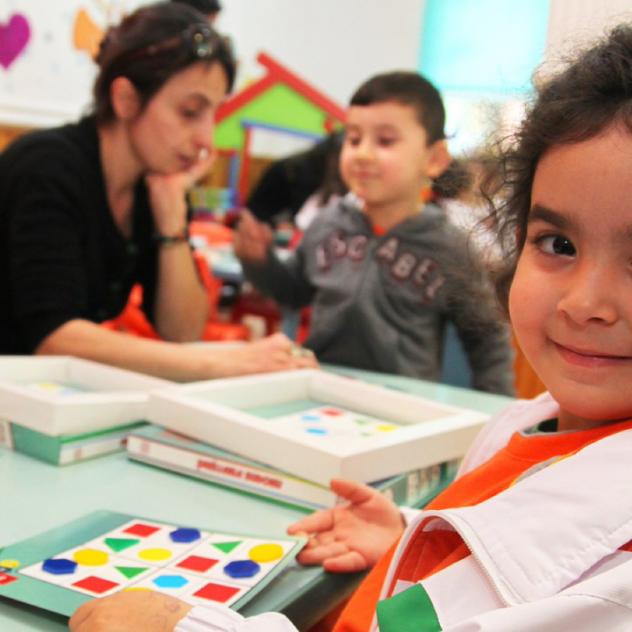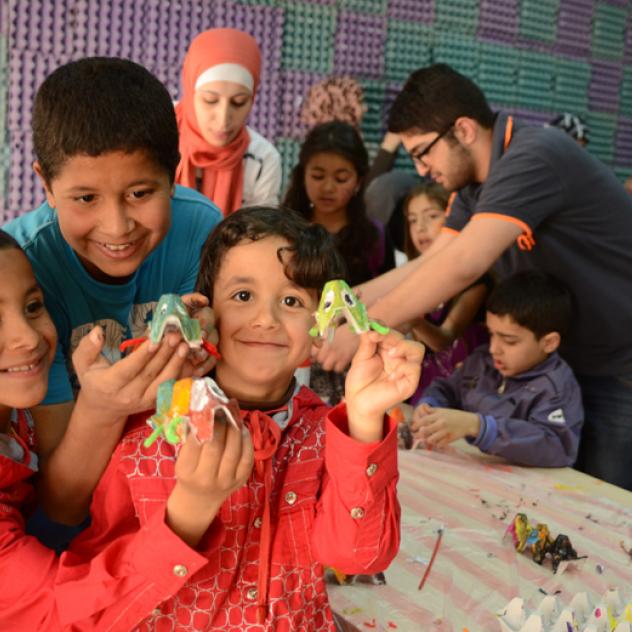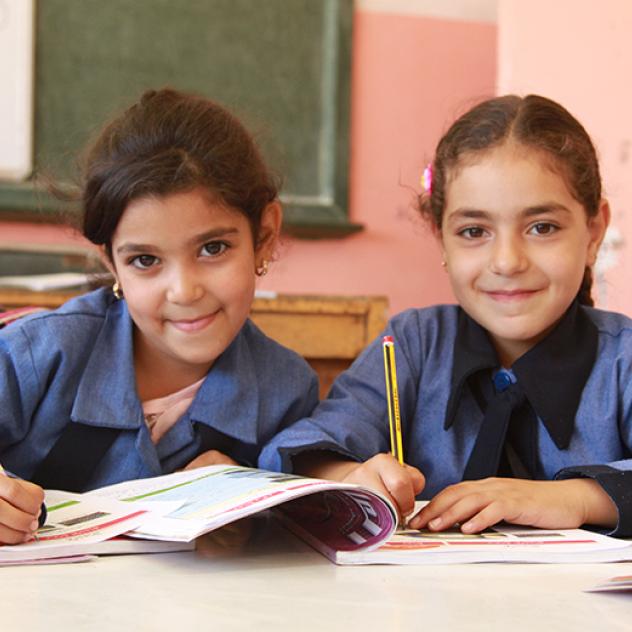Study Objective
In 2015, the Queen Rania Foundation launched a report on the state of nurseries across the Kingdom. The survey provides unique insights into Jordan's nursery sector on a national scale. The reason why the foundation embarked on such a large-scale survey was to examine the types and levels of services provided at nurseries in Jordan and to explore areas related to carers' experience, safety standards, and the status of early childhood care and education Jordan.
Findings from the survey and the study it was based on, informed reviews of training manuals for education professionals as well as proposed revisions to the labor law relating to childcare provision. Taking it a step further, the Queen Rania Foundation created a campaign on social media that targeted parents with information and advice on what to look for when choosing a nursery for their child.
Methodology
In addition to Jordanian mothers, this study looked at the quality and types of services offered by nursery and kindergarten administrators - a total of 437 nursery caregivers and 437 nursery administrators from private, community-based, work-based and Ministry of Education-based nurseries were surveyed as part of this study.
Key Findings
In terms of equipment and resources,
- Private nurseries tended to be better resourced, whereas nurseries run by workplaces (work-based), community-based organizations (CBO-based) and the Ministry of Education’s schools (“MoE-based”), had fewer resources.
- The majority of nurseries did have basic furniture and hygiene resources; including child-sized chairs and tables, floor-mats and soap.
- Not all nursery classrooms provided materials that encouraged learning and play. Although 9 in 10 nurseries had televisions, only 4 in 10 MoE-based and 5 in 10 work-based nurseries had books. Fewer than a third of nursery administrators reported using a formal curriculum.
- Although the majority of administrators in kindergartens have confirmed the necessary infrastructure, furniture, and tools that maintain public health, less than half of them have confirmed the existence of smoke detectors, and nearly half of school and institutional nursery caregivers declared that external facilities provided by the nurseries did not meet adequate standards.
In terms of human resources,
- Caregivers enter the profession with little formal preparation as fewer than one-quarter of caregivers had Bachelor’s degrees, and nearly one-third of MoE-based and CBO-based caregivers did not have Tawjihi (secondary) certificates.
- The majority of nursery caregivers reported they did not receive any formal pre-service training, from universities or otherwise.
- Some nursery caregiver beliefs and practices were not in line with international best practices as 50% of caregivers reported that learning through direct instruction was more effective than learning through play, and 20% reported using physical discipline within the previous four weeks.
- A substantial percentage of caregivers reported not receiving benefits such as health insurance or social security. Survey results also suggested that many caregivers were receiving gross salaries below the minimum wage.



